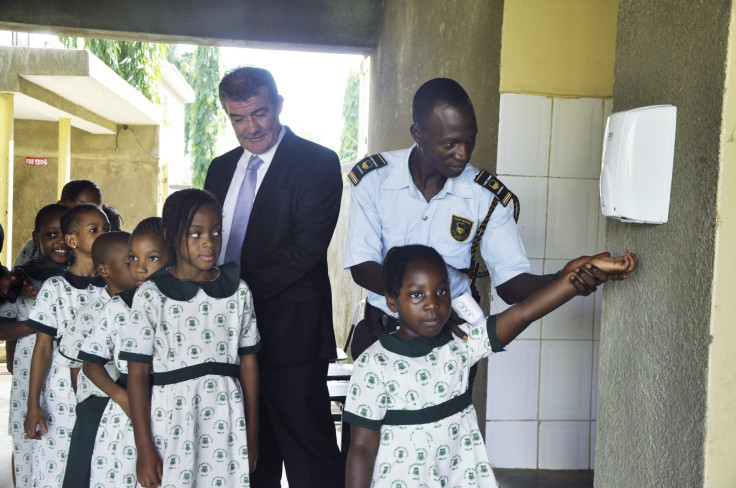Ebola Cases Could Soar To 21,000 By November If Efforts Are Not Enhanced: World Health Organization

The World Health Organization, or WHO, gave fresh estimates Tuesday about the Ebola outbreak and said that nearly 21,000 people could be infected by November if efforts to curb the spread of the virus are not intensified. Ebola has killed 2,800 people so far, mostly in West Africa, and the number of infected cases in the region has increased to 5,800.
The estimates, which were published in a report in the New England Journal of Medicine on Tuesday, said that the death rate among hospitalized patients was nearly 70 percent but added that several cases were identified only after the patients' deaths. According to an estimate by the U.S. Centers for Disease Control and Prevention, there could be 21,000 reported and unreported cases of Ebola in just Sierra Leone and Liberia, and the CDC predicted that the two countries could see 550,000 to 1.4 million cases by January, Associated Press, or AP reported, citing a draft version of a CDC report.
Countries, including the U.S., have agreed to send several forms of assistance to Ebola-affected regions, even as the United Nations has stated that nearly $1 billion is now needed to tackle the disease.
The report said that if efforts to curb the spread are not enhanced, the number of Ebola infections could rise to 10,000 in Liberia, up to 5,000 in Sierra Leone, and nearly 6,000 in Guinea.
“Everyone is certainly working very hard to make sure this is a not the reality that we will be seeing,” Dye said, according to Reuters, adding: “I will be surprised if we hit 20,000 by then.
In an editorial in the New England Journal of Medicine on Tuesday, Peter Piot, a microbiologist who helped discover the Ebola virus in 1976, and Jeremy Farrar, a tropical disease specialist and director of the Wellcome Trust, said that a “massive increase in the response, way beyond what is being planned in scale and urgency,” is needed to tackle the spread of the disease.
“The disintegration of the health care systems in the affected countries is already having a profound impact on the populations' health beyond Ebola, as clinics close or become overwhelmed or nonfunctional,” the two health experts said in their column, adding: “There is a very real danger of a complete breakdown in civic society, as desperate communities understandably lose faith in the established systems.”
However, WHO's Dye told Reuters: "If control is completely successful in the way that we know it can be, then Ebola will disappear from the human population of West Africa and probably return to its animal reservoir."
© Copyright IBTimes 2024. All rights reserved.





















